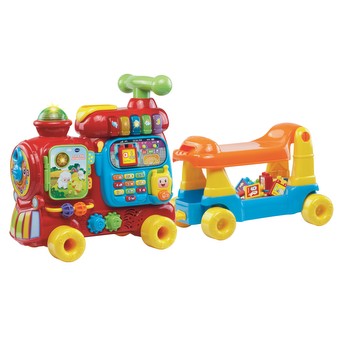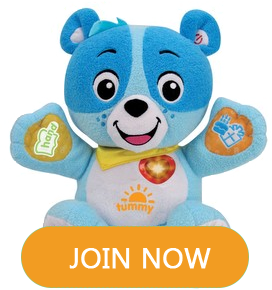Why Join VTech Club?
Joining is free, fast and full of great benefits, such as:
- Promotions and offers
- Monthly £1,000 prize draw*
- Regular competitions
- Special offers for our members
Added benefits
- Register your VTech products
- Apply to be a Product Tester
12-36
MONTHS
Push & Ride Alphabet Train
£54.99
Temporarily unavailable to purchase online,
for more information please call 03306780149
for more information please call 03306780149
- 4-in-1 grow with me alphabet train includes modes for sit-down play, walker, pull-along wagon and ride on.
- Includes 13 double-sided letter blocks and a magic tunnel to load the blocks into the wagon.
- Features a removable walkie-talkie and number pad, light-up piano keys, turning book and manipulative beads & cogs.
- Teaches objects, animals, phonics, letters, colours, weather, numbers and much more.
- Includes 4 sing-along songs and 10 melodies.
Best for ages:
12 to 36 Months
Highlights
4-in-1 train includes modes for sit-down play, walker, pull-along wagon and ride on. Teaches objects, animals, phonics, letters, colours and more.
Description
Are you ready to get rolling? Let’s chug along into learning fun with the Push and Ride Alphabet Train by VTech! This 4-in-1 grow with me alphabet train includes modes for sit-down play, walker, pull-along wagon and ride on. Includes 13 double-sided letter blocks and a magic tunnel to load the blocks into the wagon, also features a removable walkie-talkie and number pad, light-up piano keys, turning book and manipulative beads & cogs. Teaches objects, animals, phonics, letters, colours, weather, numbers and much more. Includes 4 sing-along songs and 10 melodies. Encourages discovery & exploration, language development and motor skills.
- Product Number: 80-181903
- 3 x AA Batteries Required



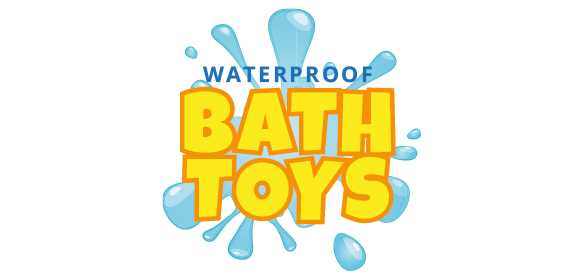
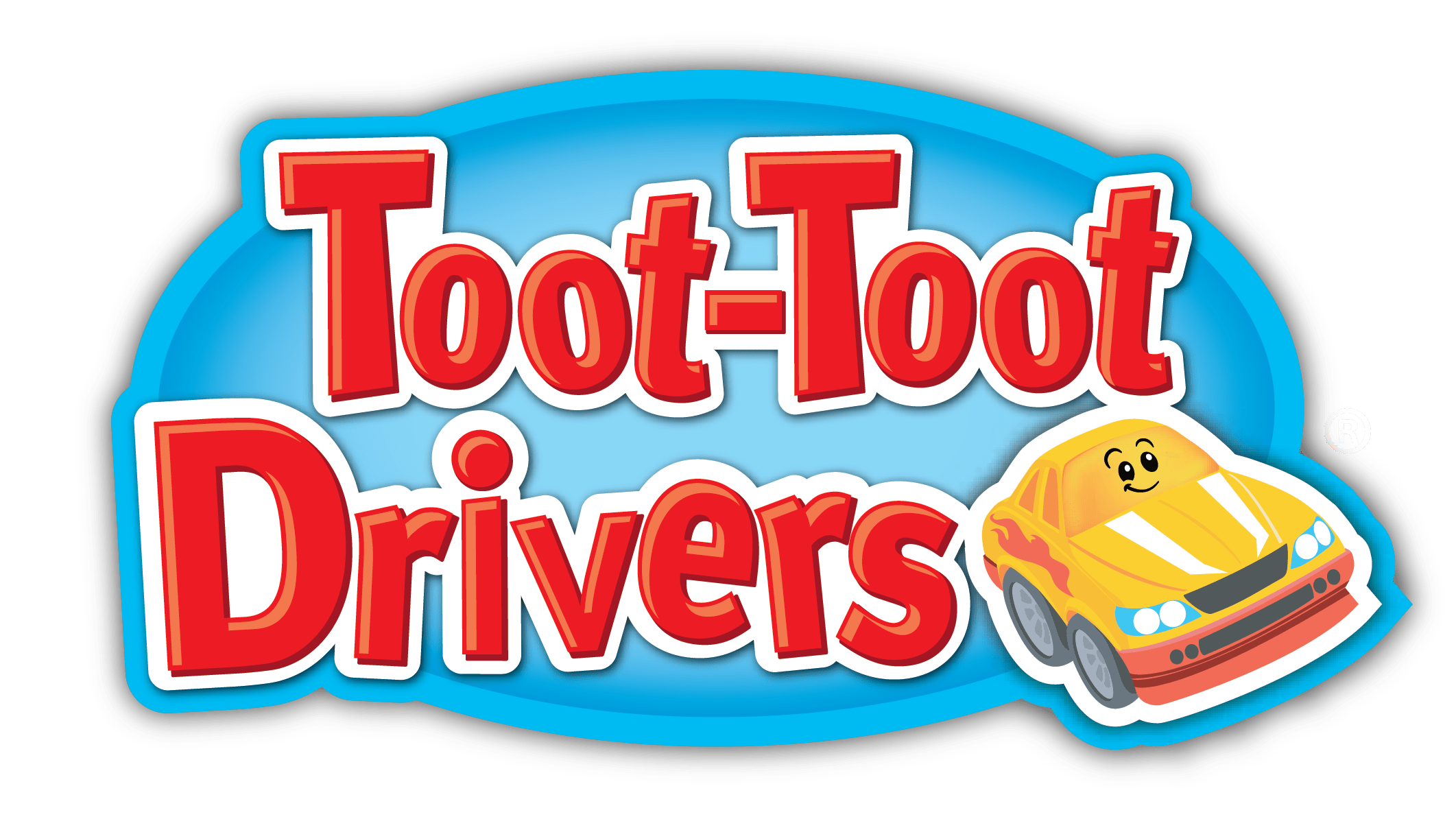



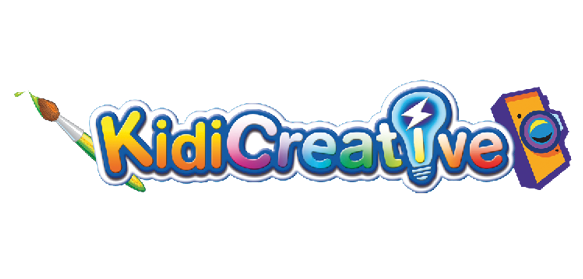

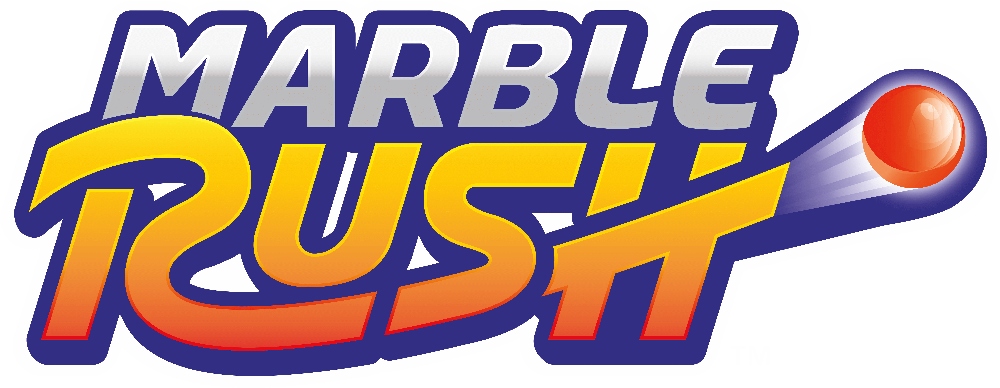

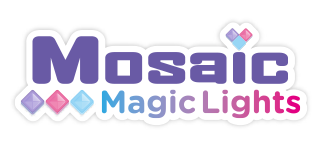
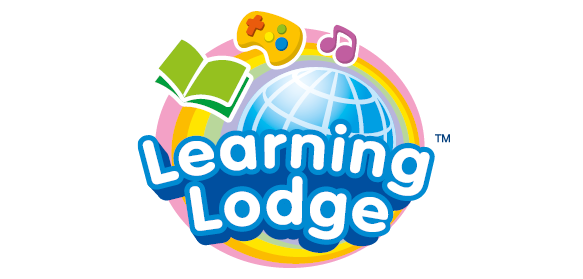 Download
Download

